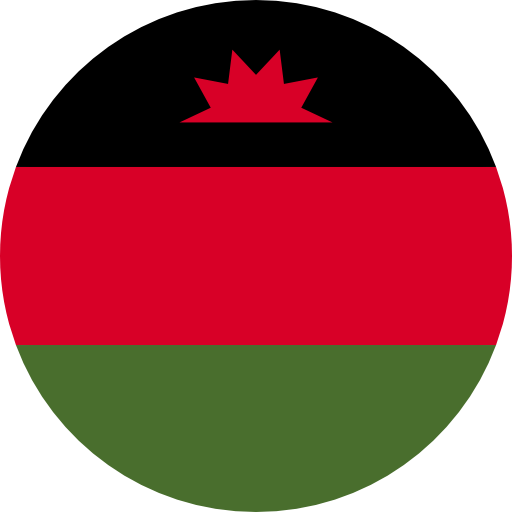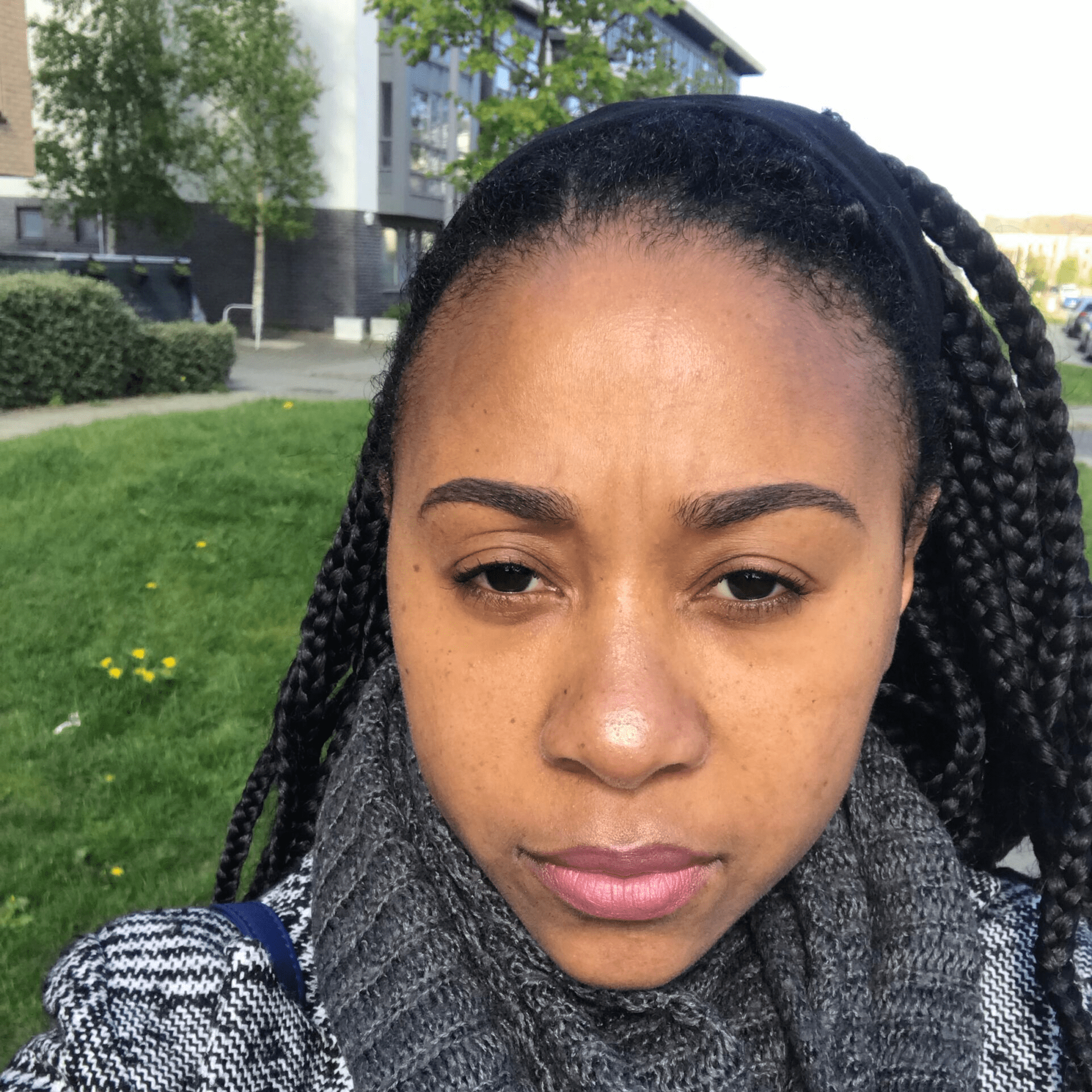What is your educational background?
I hold a Bachelor of Science in Education Science (Biology and Chemistry) from University of Malawi (2012) and MSc. in Infectious Diseases from London School of Hygiene and Tropical Medicine (2017)
What is your current occupation?
Currently, I am pursuing a PhD in Inflammation at University of Edinburgh through a scholarship from National Institute for Health Research- Mucosal Pathogens Research Unit (NIHR-MPRU)
What or who got you into STEM?
Science has always fascinated me. Basically, I was driven by knowing my surroundings, which I believe led me to doing much better in science subjects. Growing up I didn’t have any closely related scientists around me. My father worked (now retired) as an accountant and my mother was a housewife. I had one sister who trained to become a nurse but we didn’t spend much time together as she was studying away from home. Eventually my brother (2 years older than myself) started his medical degree but I guess that had less influence on my STEM career because also he was away from home most of the times.
What is the biggest challenge/barrier you have faced as an African in STEM?
Being underappreciated, less rewarded and disrespected. Some of these experiences and stereotypes were partly motivating as well, because they made me to do better to prove that African women can also perform well in STEM.
How do you think your background/upbringing has been beneficial in your journey/career?
None of my close relatives and my parents were into sciences until when I was in senior secondary school so I didn’t much have science exposure in my own home. My parents really believed in me and supported me throughout my career. When I look back, I remember my mother took me off all house chores rotas during exam times. Now I realise it was a unique form of education support. My relatives are the strongest support system that one could ask for. This support really kept me going and still does.
How do you think we can start to change the narrative surrounding African contributions
to global STEM research & careers?
I think this evolution is already on going. What we need as Africans, is more African scientists in the leading research positions in different fields which could help put many on the spotlight. My other wish is to engage our governments to fund research as an integral part of government development rather than relying just on external aid. This will give us more power and support as African scientists to do science that matters for Africa. There is a lot of talented scientist on the continent but lacks support and eventually they leave for other continents.
What advice would you like to give to young, aspiring Africans in STEM?
There’s a lot of work that needs young scientists to take up. Reach out to necessary mentors and work with people in the field that have your best interest at heart. With hard work, even the sky is not a limit. We as Africans, we are capable to achieve anything in science just like all other scientists elsewhere.





